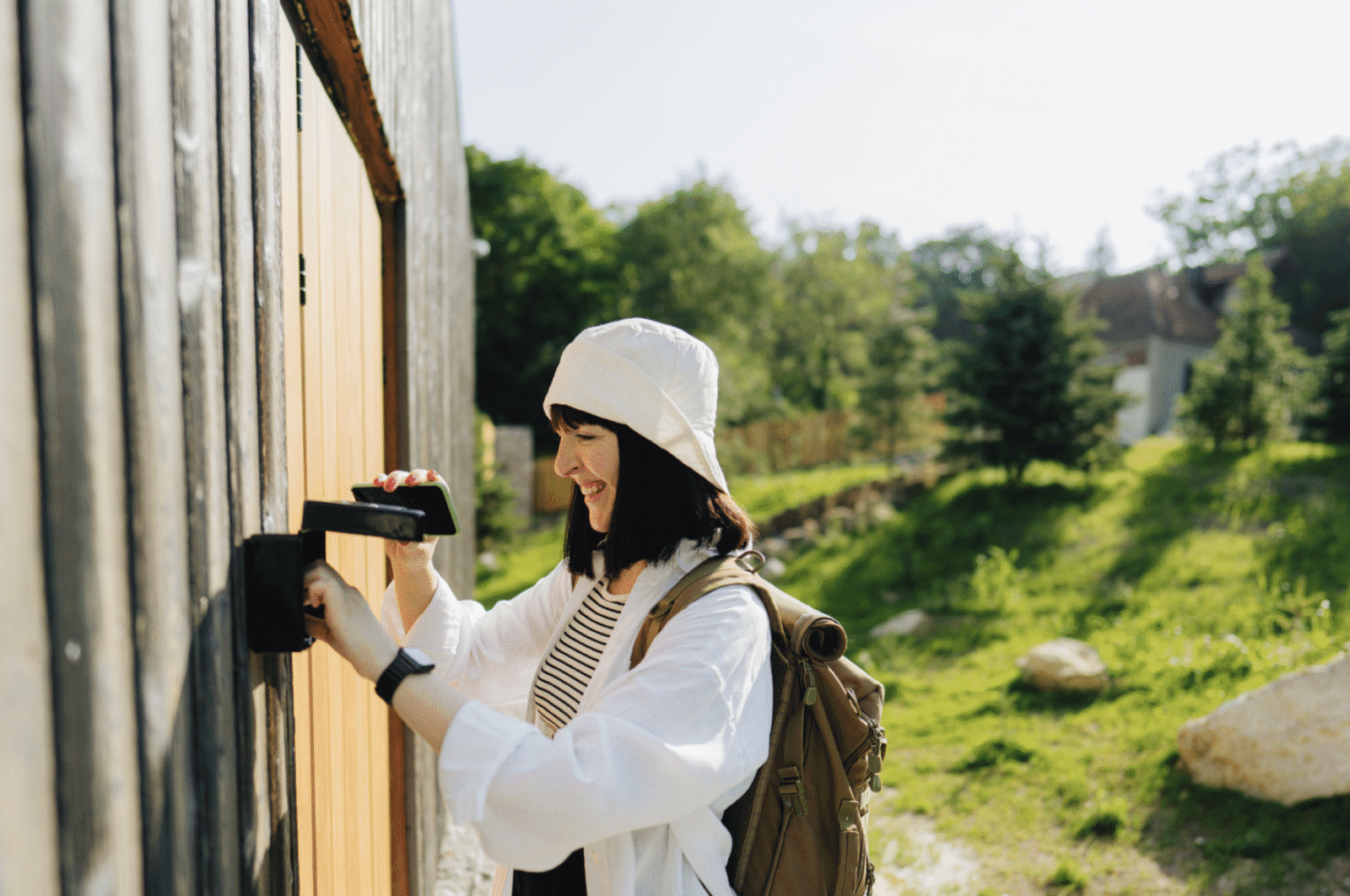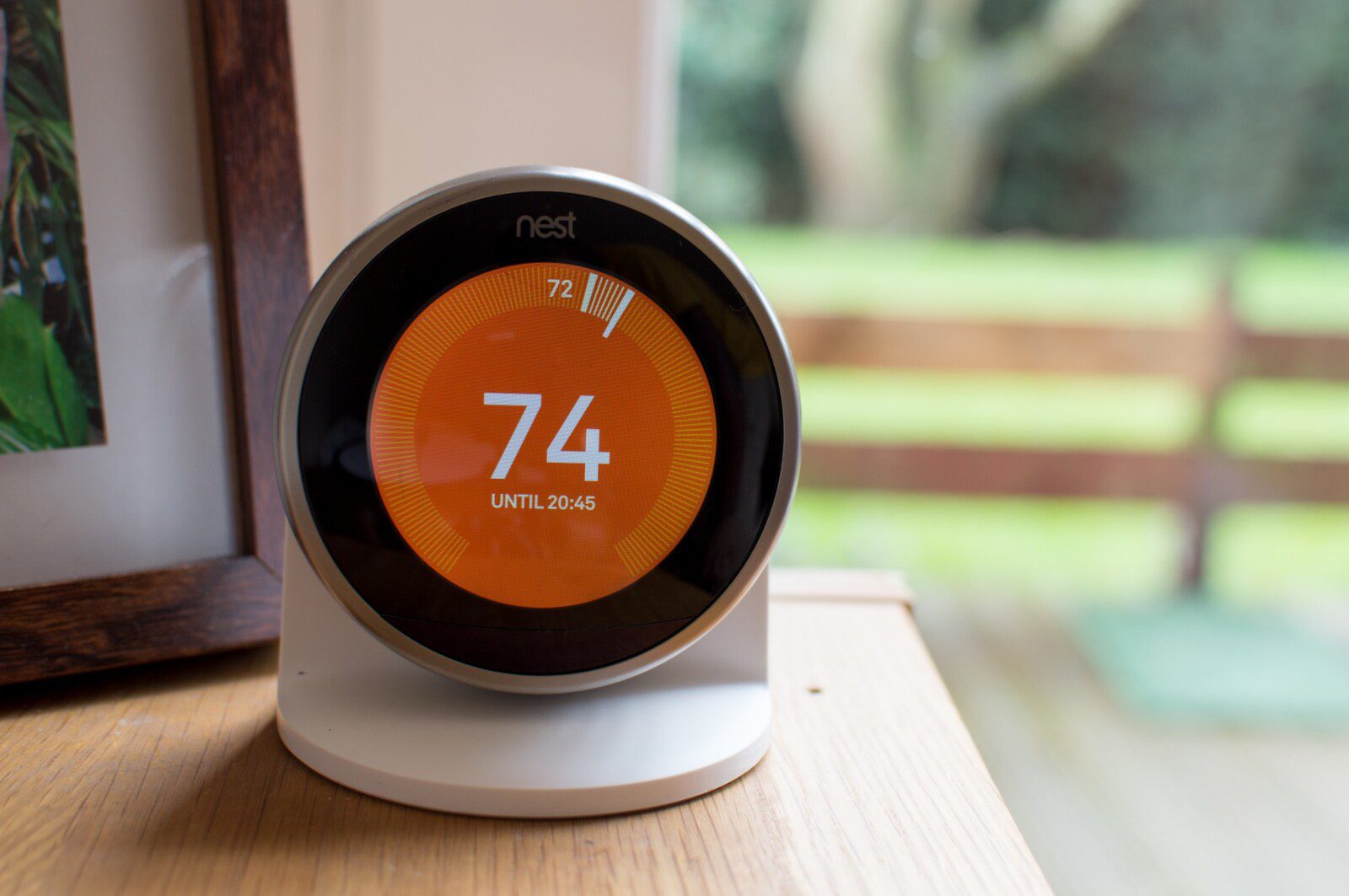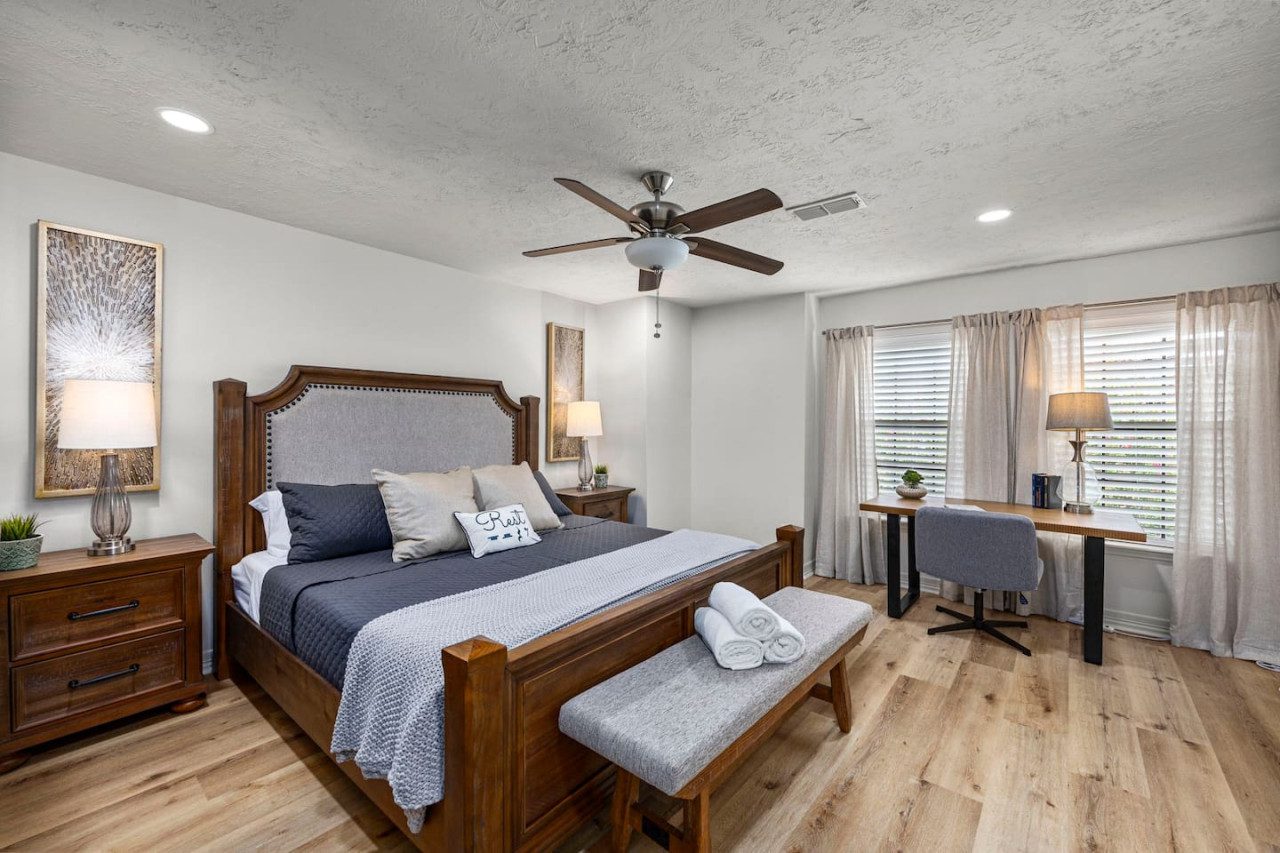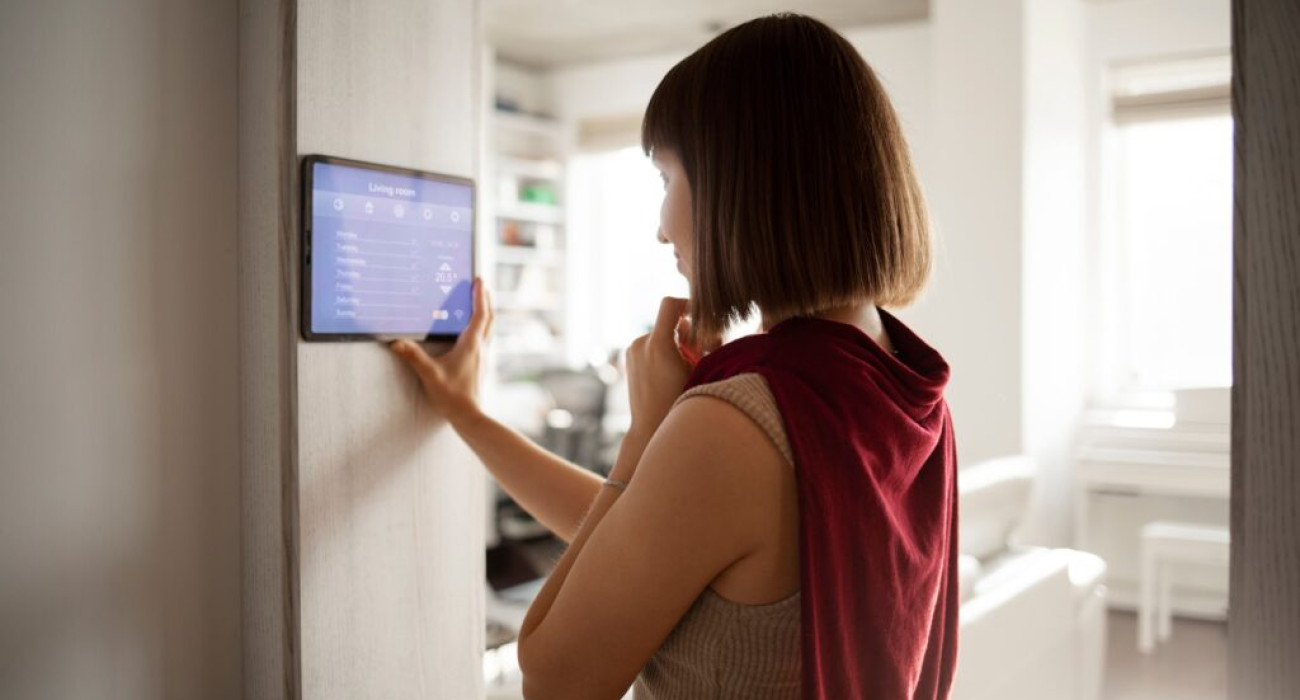The hospitality industry has experienced a major shift in the last decade. Traditional hotels once dominated the landscape with standardized amenities and predictable service. But now, a new player is changing the game—smart rentals. These tech-enhanced vacation homes and short-term stays offer innovation, personalization, and convenience that many hotels struggle to match.

Here are 7 powerful ways smart rentals are outperforming hotels, reshaping what travelers expect from their stay.
1. Contactless Check-In for Seamless Arrival
Gone are the days of waiting at a hotel front desk or fumbling with keycards. Smart rentals typically feature keyless entry systems—like smart locks synced with mobile apps or unique access codes. This allows guests to check in at any hour without interacting with staff or navigating lobbies.

This frictionless experience became especially relevant during the COVID-19 pandemic and remains popular today. Solutions like August Smart Lock and Yale Assure Lock are now staples in many top-tier vacation rentals.
2. Personalized Comfort with Smart Home Tech
Hotels offer set room temperatures and lighting. But smart rentals let guests control the ambiance to their preference. With devices like Nest thermostats, smart lighting, and automated blinds, travelers can customize the environment—whether it’s dimming the lights for movie night or warming up the room before bed.

Voice assistants like Amazon Alexa or Google Nest Hub are also common, allowing guests to ask about the weather, play music, or even order food—all hands-free.
3. High-Speed Connectivity and Remote Work Readiness
Many smart rentals cater to the digital nomad or business traveler. With fiber-optic WiFi, designated workspaces, and ergonomic chairs, these properties often outshine hotel “business centers.”

According to Pew Research, remote work continues to grow—and travelers expect reliable internet wherever they go. A smart rental with gigabit-speed internet beats hotel lobbies full of laggy WiFi every time.
4. Streaming-First Entertainment Over Basic Cable
Hotels may still offer standard cable or pay-per-view, but smart rentals lean into modern preferences. Many come with smart TVs preloaded with Netflix, Hulu, Disney+, and more. Some hosts even provide premium subscriptions or Bluetooth sound systems for an immersive viewing experience.

Travelers appreciate entertainment that mirrors their at-home setup—especially families with kids or couples planning a cozy night in.
5. Smart Kitchens Save Money and Time
Dining out for every meal can be exhausting and expensive. Smart rentals provide well-equipped kitchens with WiFi-enabled appliances, smart refrigerators, and touchless faucets that blend hygiene and tech.

Guests can cook healthy meals, store groceries, and even brew coffee via an app-controlled machine like the Smarter Coffee Maker. This makes longer stays more comfortable—and more cost-effective—than hotel life.
6. Enhanced Security and Privacy
While hotels have cameras and lobby staff, smart rentals often feature smart doorbells, motion-activated lights, and indoor noise monitors like Minut. These tools ensure security while respecting privacy—offering peace of mind for both guests and hosts.

Unlike thin hotel walls or hallway disturbances, guests in smart rentals typically enjoy private, secure, and quiet stays—ideal for families, couples, and professionals alike.
7. Real-Time Communication and Support
Many smart rentals integrate with platforms like Airbnb, Hospitable, or Guesty, allowing for instant messaging, automated check-in instructions, and AI-powered guest support.

Some hosts go a step further and create digital house manuals with local tips, WiFi passwords, and how-to guides for smart devices. This streamlined support far surpasses calling down to a busy hotel front desk.
Why Smart Rentals Are the Future of Hospitality
The rise of smart rentals reflects broader traveler preferences: more autonomy, better tech, and personalized experiences. These properties blend the best parts of hotels—cleanliness, security, professionalism—with the freedom and innovation of the sharing economy.
Smart rentals also empower travelers to choose sustainability. Smart thermostats reduce energy waste, solar panels may power the property, and motion sensors help minimize unnecessary electricity use. According to GreenTech Media, sustainable features are becoming a priority for millennial and Gen Z travelers—groups that now dominate the vacation rental market.
Final Thoughts
Hotels are no longer the default choice for savvy travelers. With the rise of smart rentals, guests now expect more from their stay—more convenience, more tech, more control. From automated check-in to smart kitchens and entertainment systems, these rentals are redefining what modern lodging looks like.
If you’re considering your next trip, think beyond the traditional hotel. A smart rental might just give you a smarter stay.
Looking to stay in a tech-forward vacation rental? Sites like Airbnb, Vrbo, and Booking.com now offer filters to find properties with smart amenities.
